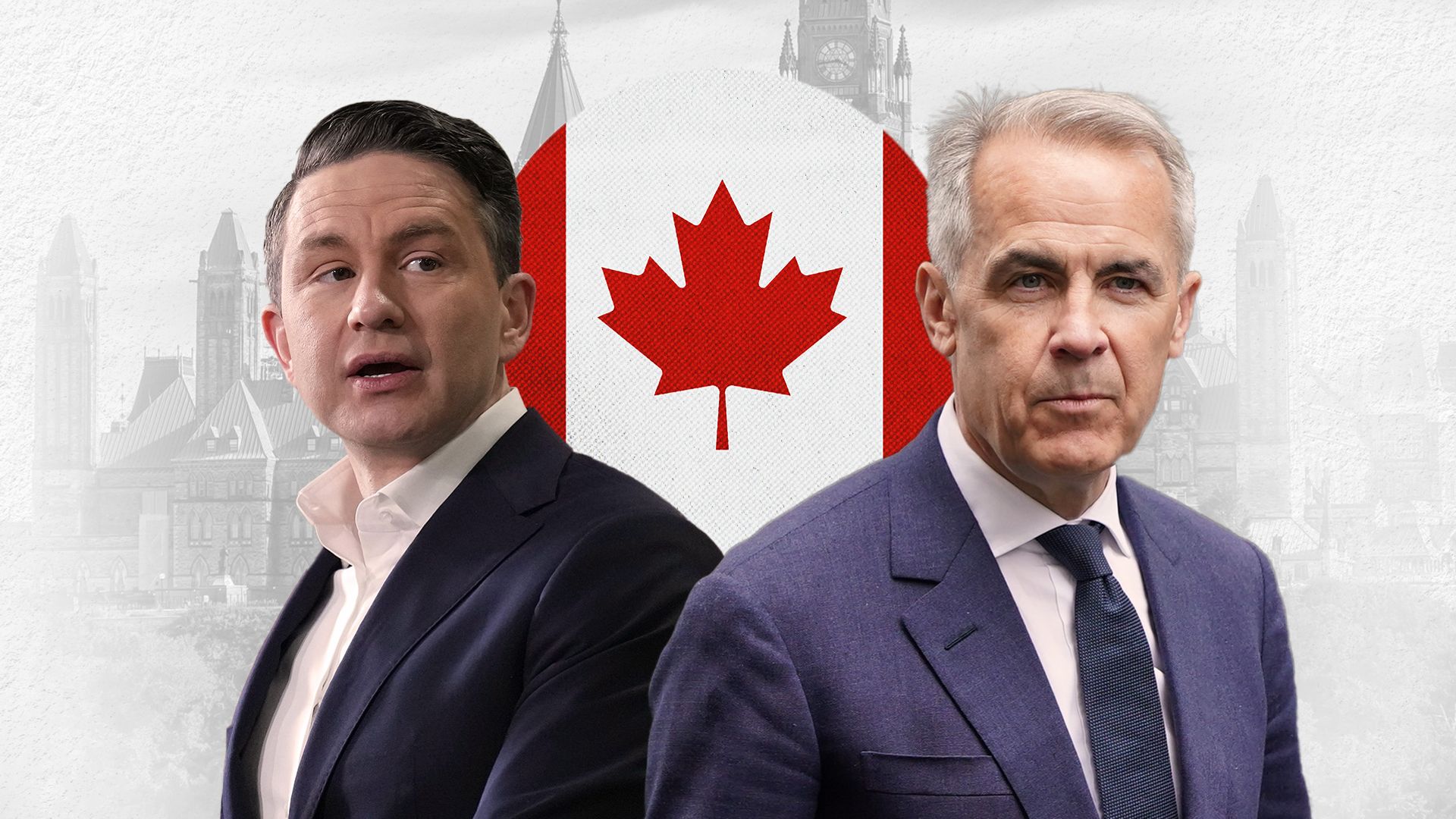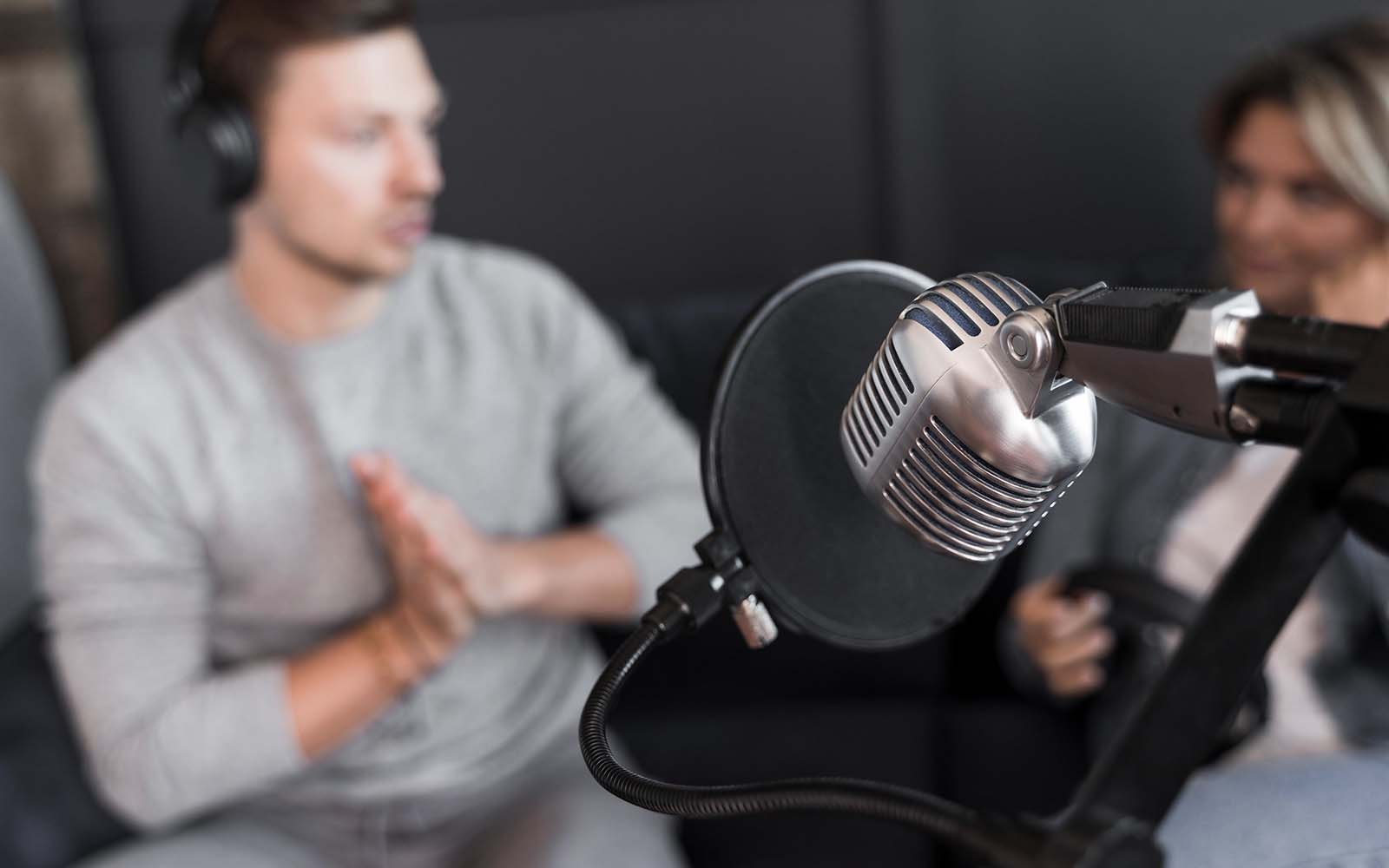Listeners:
Top listeners:
-
 play_arrow
play_arrow
RiseupRadio RiseupRadio UK
Who could win Canada’s election – and how big an influence is Trump? Everything you need to know

Canada will head to the polls on 28 April to choose a new prime minister.
Mark Carney, who is the former governor of the Bank of England, announced the snap election on 23 March after he replaced Justin Trudeau as leader.
Mr Trudeau left the job after growing calls to step down from his MPs amid poor showings in opinion polls.
What seemed like a clear-cut race for the opposition Conservatives, who had enjoyed a double-digit lead over the Liberals before Mr Trudeau resigned, has turned into the Liberals gaining a lead in the polls – with the election called against the backdrop of a trade war with the US and threats from Donald Trump to make Canada part of America.
Here is everything you need to know.
What political parties are in the running?
There are four main political parties in Canada: Liberal, Conservative, New Democratic Party and Bloc Quebecois.
Out of these, only two – Liberal and Conservative – have the chance to get the 172 seats needed to form a majority government.

Mark Carney (Liberal), Yves-Francois Blanchet (Bloc Quebecois), Jagmeet Singh (New Democratic Party) and Pierre Poilievre (Conservative) before a leader’s debate. Pic: Reuters
Similarly to how elections work in the UK, Canada uses the first-past-the-post electoral system. On 28 April, residents will vote for the MP of their local area – known as ridings or electoral districts.
The main parties are bidding for a majority of the 343 seats in Canada’s House of Commons, with the leader of the party with a majority in parliament becoming prime minister.
If no party ends up with an overall majority of seats, the result is known as a hung parliament or a minority government.
So what do the Liberal and Conservative leaders stand for?

Liberal Party leader and current prime minister, Mark Carney. Pic: Reuters
Mark Carney – Liberal Party
Mr Carney was voted by the Liberal Party to take over as Canadian leader after the resignation of Mr Trudeau, winning 85.9% of the party’s vote.
On paper, the 60-year-old is a political novice, with no previous election campaign experience. He also did not serve in Mr Trudeau’s government.
But, as Sky News international correspondent John Sparks says, what Mr Carney lacks in politics, he makes up for in finance and public service.
As head of the Bank of Canada, he helped navigate the country through the 2008 financial crash. In 2013, he also became the first non-citizen of the UK to run the Bank of England, helping to manage the impact of Brexit.
“He is a man who might as well have the word ‘expert’ tattooed on his forehead,” Sparks says.

Carney supporters at a campaign event. Pic: Reuters
Since becoming leader of the Liberals, Mr Carney has moved the party more to the right, announcing a middle-class tax cut and scrapping Mr Trudeau’s signature carbon tax and reversing a capital gains tax increase – but remains broadly committed to combating climate change and addressing other problems such as housing.
The Conservatives argue Mr Carney will not bring about change, as he is surrounded by many of the same Liberals who served in Mr Trudeau’s cabinet.
Polls show, however, that Canadians believe Mr Carney is the better choice to negotiate with Mr Trump, Sky News US correspondent James Mathews says.
Please use Chrome browser for a more accessible video player
 1:17
1:17
Mr Carney implemented 25% retaliatory tariffs on US goods after the US president placed a 25% tariff on Canadian exports to the US, 10% on energy product exports and 25% on steel and aluminium products.
“We must respond with both purpose and force,” Mr Carney said.
Matthews says Mr Carney’s robust response to Trump’s antagonism harnessed a growth in Canadian nationalism.
His growth in popularity contrasts sharply with the fortunes of his Conservative Party rival.

Conservative Party leader Pierre Poilievre. Pic: Reuters
Pierre Poilievre – Conservative Party
Conservative leader Pierre Poilievre is Mr Carney’s main challenger.
The 45-year-old is a career politician and a populist who says he will put “Canada first”. He has been described by Ken Boessenkool, a Conservative who worked for former Canadian prime minister Stephen Harper, as “one of the most incisive and aggressive takedown artists”.
After being elected as the youngest member of Canada’s parliament in 2004, he quickly rose through the ranks under the Harper administration between 2006 and 2015. He became Conservative leader in 2022.
Mr Poilievre was able to tap into voters’ post-COVID pandemic frustrations over unaffordable housing, the cost of living, and environmental taxes.
A skilled political operator, Sky News US correspondent James Mathews says, Mr Poilievre had seemed poised to end a decade of Liberal rule, but he has suffered from the “Trump effect”.

Conservative Party supporters in Brampton, Ontario. Pic: Reuters
His conservative politics are seen to be more aligned with the neighbour in the White House. In Canada right now, it’s not a good look, Matthews says.
And indeed, Mr Trump’s tariffs and threats of annexation have derailed the Conservatives’ 25-point lead.
When launching his campaign, Mr Poilievre aimed to distance himself from the US administration, saying his policies, including tax cuts and increased resource production, would bring back investment, helping Canada become more self-reliant and better equipped to stand up to Mr Trump.
He also wants to eliminate much of the Liberals’ agenda on climate change, according to CBC, suggesting that a commitment to net-zero meant “net-zero growth, net-zero jobs, net-zero paychecks”.
Mr Carney has criticised his rival as offering “division and Americanism” rather than a unified government that would “stand up” for Canada.
The ‘Trump effect’
“In this election, the question is who is going to face Mr Trump,” Mr Carney said during a leader’s debate.
The “Trump effect” has been central to Canadian politics since his own leadership victory and will be a dominant issue when Canada votes, Mathews says.
Please use Chrome browser for a more accessible video player
 1:02
1:02
In a survey for Canadian broadcaster CTV News at the beginning of March, 36% of respondents said Mr Trump is the most important issue to influence their vote. The economy followed closely behind, at 29%.
Political psychologist Amanda Bittner told CTV that voters are looking for solutions to problems as well as someone who is best suited to manage the relationship with the Trump administration.
Commenting on the upcoming election shortly after it was announced, Mr Trump told Fox News he does not care if the Liberals win.
He said a Liberal leader would be “easier to deal with”, before taking a swipe directly at Mr Poilievre, who he said was “stupidly, no friend of mine”.
Please use Chrome browser for a more accessible video player
 1:59
1:59

Follow our channel and never miss an update
Mr Poilievre has actively distanced himself from Mr Trump while on the campaign trail, however, Stewart Prest, a professor at University of British Columbia, said he is limited in how much he can distance himself as a portion of his base also supports the US leader.
He has also been praised by Elon Musk who has played an integral role in the first 100 days of Mr Trump’s administration.
In January, Mr Musk labelled a 2023 interview in which Mr Poilievre is seen getting the upper hand over a journalist as a “masterpiece”.
Read more:
Can Carney save Canada from becoming America’s 51st state?
King Charles reaffirms commitment to Canada
Could Trump actually make Canada a US state?
Install the Sky News app for free
The importance of Quebec
The Bloc Quebecois party, led by Yves-Francois Blanchet since 2019, promotes the interests of Quebec – Canada’s mostly French-speaking province – and only includes candidates from the area.
How Quebec votes could prove to be extremely important in the upcoming election, with the province making up nearly a quarter of the seats in Canada’s parliament – 78 to be precise.

Canada’s Bloc Quebecois leader Yves-Francois Blanchet. Pic: Reuters
It also has a history of voting for different parties, making voting habits of those in Quebec unpredictable in comparison to other areas.
In the last election in 2021, the Bloc under Mr Blanchet was able to rival the Liberals, winning 32 seats to their 35. But going into the polls this time around, the Liberals seem to have support from some Quebecers who would typically vote for the Bloc.
According to CBC’s poll tracker in April, the Liberals are polling at 43% in Quebec – reflecting the national picture and setting them on course for victory – while the Bloc is tied with the Conservatives at 23%.
Written by: Pippa Taylor
Similar posts
Recent Posts
- Trans rights activists protest after court ruling on definition of a woman
- Eurovision star and face of Bisto gravy dies
- JD Vance meets with the Pope during visit to Rome
- More than 90 killed by Israeli strikes in 48 hours, says Gaza health ministry
- Labour’s plan for failed asylum seekers shows they’re willing to adopt previously unpalatable policies
Recent Comments
-

Drive Time Show
Sing your heart out to our sing-along drive time music!
Turn it up, wind it down, and drive into the evening with good vibes only – only on Riseup Radio.
close Top popular
CONTACTS
- https://riseupradio.uk/
- +01 0101 01 23 31
- studio@riseupradio.uk
ABOUT
RiseupRadio is your feel-good online station, broadcasting from Greece and the UK. From throwbacks to party vibes, we’ve got the tunes to lift your day. Tune in and rise up with us!
© 2025 RiseupRadio. All rights reserved.
RiseupRadio.uk |
RiseupRadio.co.uk | RiseupRadio! App
All content is owned by RiseupRadio and may not be copied or reused without permission.











Post comments (0)